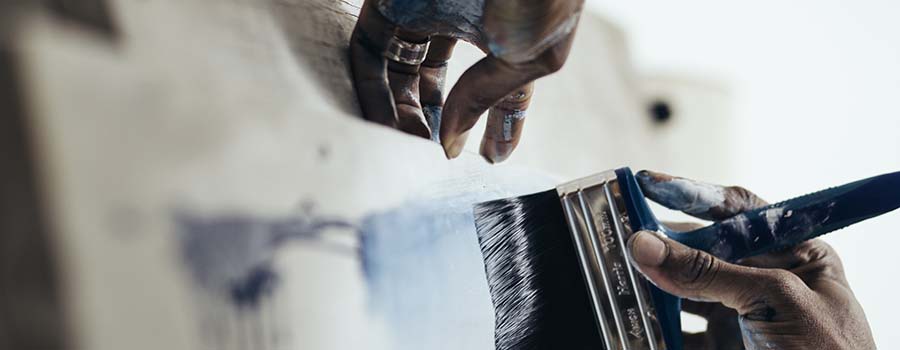You’ve heard me toss around the phrase Wholehearted Living for a while now. It sounds good, but what on earth does it mean? It’s a term we use in The Daring Way™ to describe someone who lives from a place of worthiness, and truly believes they’re deserving of love, respect, compassion, abundance and joy. Deserving is the key word here, and it’s not as simple as you think.
You take good care of yourself, right? You eat healthy, enjoy your work, take care of your body, volunteer, enjoy family time, etc. Doesn’t that mean you’re living wholeheartedly?
How often, while you’re engaged in these activities are you also tossing these messages around in your head: I should eat healthier. I should workout harder. I should get home earlier, or stay at work longer. Bigger, better, thinner, smarter, more, should, have-to; this is the language of scarcity. No matter what you do, or who you are, it’s just not enough.
If you’re saying to yourself right now “that’s not me”, I beg to differ. You could be right-on if you grew up in a home with perfect parents, empowering educators, supervisors & co-workers who wanted only the best for you, friends who loved you unconditionally, and you never suffered from a broken heart. Let’s be real. At some point in your life you have been touched by pain and have had to learn how to cope. Most of us struggle with one or two of the categories I mentioned (work, parenting, body image, relationships, etc.), but with a history of abuse or addiction in your family of origin, there’s a good chance “I am enough” seems like an impossible message to conjure.
With all of the baggage we carry from our past, how on earth do we live wholeheartedly? Here’s the good news: It can be learned, AND it takes practice. Lots of practice. It’s hard work, it can be messy and painful but oh so worth it, because here’s a taste of what’s waiting for you on the other side – Creativity. Love & Relationship. Courage. Worthiness. Joy and Passion. Brené Brown has created 10 Guideposts For Wholehearted Living which you can read about in the books I mention below. In addition, I will be addressing each of the Guideposts in a series of up-coming blog posts throughout the summer, so stay tuned! Meanwhile, here are a few ideas to get you started:
- Read Brené Brown’s books, The Gifts of Imperfection, Daring Greatly, or listen to her Ted Talk.
- Start a gratitude journal to begin taking stock in all of the beautiful abundance you have right now.
- Work with a coach or therapist who is certified in The Daring Way™ method.
For local Boston-area folks I’m offering an 8-session Daring Way™ series beginning in September. This is your opportunity to learn and practice specific skills that will put you on the path toward wholehearted living. Follow this LINK for registration and more information. So, what are your thoughts about wholehearted living? Please share – I love receiving your comments!
From my whole heart,
Joan

